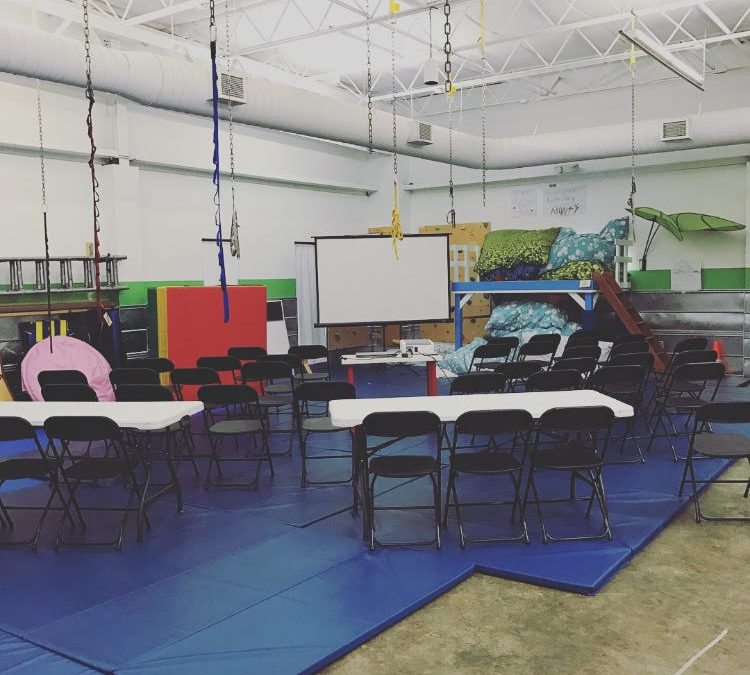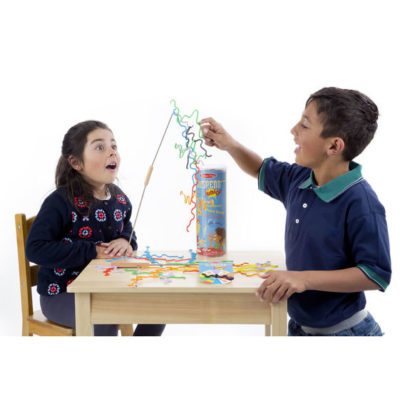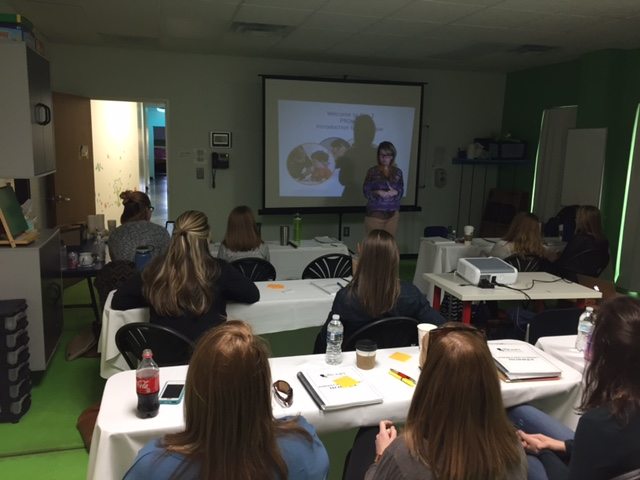by emerge | Sep 1, 2017 | Autism, Community, Emerge programs, Parenting, School, Speech & Language
“I have a birthday yesterday. Tomorrow on my birthday I gonna be four.” “We play that game yesternight.” “When I was two I’m going to eat cake.” Concepts of time are some of the trickiest for our kids to grasp. Words and phrases like yesterday, tomorrow, next week,...

by emerge | Jul 14, 2017 | Occupational Therapy, Parenting, School, Speech & Language
Back in the Swing A Back-to-School Readiness Presentation Part of the Parent Education Workshop Series Have you seen it yet — the Back-to-School signs and school supplies that have started cropping up in stores everywhere? Just when you start to get...

by emerge | May 29, 2017 | Play, Social Skills, Speech & Language, Toys
Game Description: Suspend Junior is designed for children ages 4-7. There is a “family version that contains heavier pieces, with less color and dice rather than a spinner. To play the game you set up the frame and hang the white anchor piece. Each player takes a...

by emerge | May 14, 2017 | Emerge programs, Speech & Language
Today is Apraxia Awareness Day. Childhood Apraxia of Speech (CAS) is a motor speech disorder. When children are learning how to talk it requires multiple, precise movements of their articulators — the tongue, jaw, lips and palate. These small and specific...

by emerge | May 8, 2017 | Autism, Eating/Feeding skills, Emerge programs, Food and Drink, Occupational Therapy, Parenting, Speech & Language, Summer programs
Photo from cooksmarts.com Looking to engage your child in a fun activity that can build their language skills and fill their bellies? Cook with them! At Emerge, we frequently use cooking projects as a basis for working on speech/language, motor skills,...

by Emerge - A Childs Place | Oct 4, 2016 | General information, Occupational Therapy, Play, Speech & Language, Toys
Ways to Play with Ned’s Head: Stereognosis: This is an important skill related to our tactile (touch) sense. Stereognosis allows a child to be able to recognize what something is, using touch, alone. We rely heavily on our visual and auditory sense to recognize...





